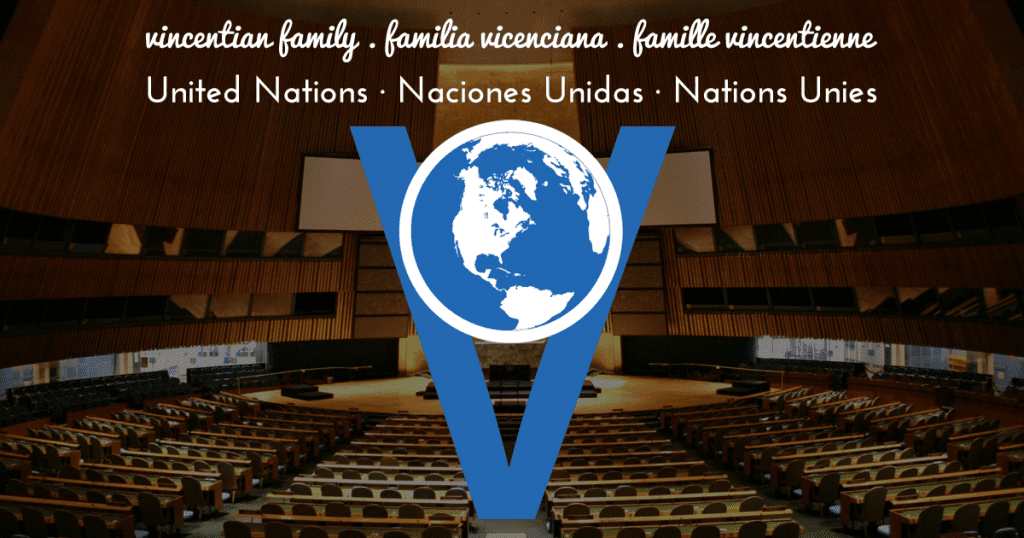2018 is the 10th anniversary of the global financial crisis. Though the economy is robust at the moment, global leaders should heed the warning issued by the International Monetary Fund on the “bumpy road ahead” and take immediate steps to prevent another financial crisis. Economists from the United Nations Conference on Trade and Development (UNCTAD) have also sounded the alarm. This concern was reiterated at the recently concluded Financing for Development Forum at the UN. The threat on the horizon is the rising debt levels around the world which creates challenges to global growth and sustainable economies. The needs of the most vulnerable in our societies are unmet.

According to the IMF Global Financial Stability Report of this year, countries that benefitted from debt relief, saw a decrease in their debt from 2007 to 2014. But in recent years, public debt vulnerabilities have increased for a variety of reasons – market fluctuations, low commodity prices and natural disasters – force countries to borrow. More than 45% of low income countries are at high risk or at a level they were before debt relief. Countries are burdened not only with sovereign debt but also private/corporate debt from developed countries as well as from private sector creditors. The poorest countries pay more money to service their debt than they receive in official aid.
Debt levels are becoming unsustainable in developing and developed world. When a country has to pay off its huge debts, there is very little money left for the implementation of the 2030 Agenda for Sustainable Development – to eradicate poverty, remove hunger, provide quality education and health care, gender equality and empowerment of women and girls, water and sanitation, decent jobs and social protection measures, etc., to “leave no one behind.” Debt burdened countries are also facing unforeseen natural disasters and slow on-set climate change impacts. It is very evident from the experiences of the Caribbean Islands. They are in urgent need of debt relief; they need a permanent process in place to address their present concerns and relief measures in the event of future disasters.
In the short term it is important to provide debt relief and debt restructuring for the countries burdened with debt, it is equally important to create ethical and responsible lending and borrowing practices. The Financing for Development Forum outcome document does see “the importance of debt restructurings being timely, orderly, effective, fair and negotiated in good faith. We reiterate that debtors and creditors must work together to prevent and resolve unsustainable debt situations.” The report highlights the need to work towards a global consensus on guidelines for debtor and creditor responsibilities. While debt burdened countries have the responsibility to strengthen their capacity to monitor debt developments and manage their debt, creditors need to make their terms and conditions of lending transparent, straight forward and easy to track.
Debt sustainability is very important for the development of countries caught in debt burden. In the past, the Paris Club – a group of major creditor countries whose role is to find coordinated and sustainable solutions to payment difficulties experienced by debtor countries. Their solutions were in the form of rescheduling, debt relief by postponement, or concessional re-scheduling, reduction in debt service obligations, etc. The IMF and World Bank have provided debt relief to some countries through the Heavily Indebted Poor Country Initiative (HIPC). In reality, it is not debt relief, but bringing the debt servicing to a sustainable level.
So far, no debt restructuring has been initiated by any international financial institutions. According to Jubilee USA, “a consensus is emerging about the need for a debt relief process for the Caribbean islands to protect them from hurricanes and natural disasters.”
We have a moral imperative on behalf of our sisters and brothers to advocate for Debt Relief. Leviticus 25:10 calls to “proclaim liberty throughout the lands and to all the inhabitants thereof, it shall be a jubilee for you.” Faith groups have played a significant role in the debt relief movement in the past and continue to do. There is an urgent need to prevent a debt crisis in the future through the reform of international financial institutions to create a global economy that promotes the welfare of the least among us. Along with debt relief we need to advocate for the creation of responsible lending and borrowing principles to protect countries from becoming vulnerable and for transparency and accountability from the creditor and lending partners.
Aid, debt and economic development: introduction:
Indebtedness:
If you want to learn more about aid, debt and economic development, click here to access the entire series.
Teresa Kotturan, SCN is the NGO Representative for the Sisters of Charity Federation







0 Comments